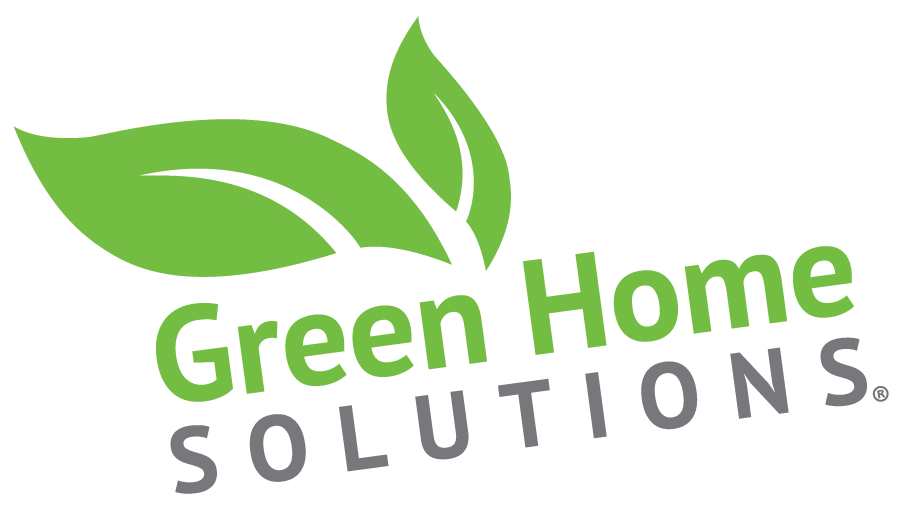As summer reaches its zenith in July, the quality of indoor air becomes a pressing issue. The amalgamation of soaring temperatures, heightened humidity levels, and extended indoor stays can give rise to several challenges regarding air quality. Here are five aspects demanding your attention in relation to indoor air quality this month:
1. Escalating Humidity Levels
The elevated humidity characteristic of July fosters an environment conducive to mold and mildew growth within homes. These fungi flourish in moist conditions and release airborne spores that can trigger respiratory ailments and allergies. It is crucial to monitor humidity levels diligently and utilize dehumidifiers as needed.
2. Air Conditioning as a Source of Pollutants
While indispensable for managing July’s sweltering heat, inadequately maintained air conditioning systems can circulate dust, pollen, and other contaminants indoors. Regularly changing air filters and scheduling professional HVAC maintenance are essential steps to ensure that your system does not compromise indoor air quality.
3. Infiltration of Outdoor Pollutants
Activities typical of summer often involve open windows and doors, enabling outdoor pollutants like pollen, dust, and vehicle emissions to infiltrate indoor spaces. These pollutants can exacerbate conditions such as asthma. Employing air purifiers and limiting window openings during peak pollen periods can help mitigate this influx.
4. Amplified Chemical Usage
July typically witnesses heightened usage of household cleaners, insect repellents, and similar chemicals due to increased outdoor activities and more frequent cleaning routines. These products can emit volatile organic compounds (VOCs) into the air, potentially causing headaches, dizziness, and other health issues. Opting for natural or low-VOC alternatives can diminish these risks.
5. Pet Dander and Hair Accumulation
As pets seek refuge indoors from the heat, the accumulation of pet dander and hair can intensify. These allergens can aggravate sensitivities and compromise indoor air quality. Regular grooming and cleaning routines are essential for managing pet-related pollutants.
Why the Focus on July?
July presents unique challenges to indoor air quality due to a confluence of factors: heightened humidity levels, increased reliance on air conditioning, prolonged indoor habitation, and augmented use of household chemicals. By remaining mindful of these challenges and taking proactive measures, you can uphold healthy indoor air quality for yourself and your household.
